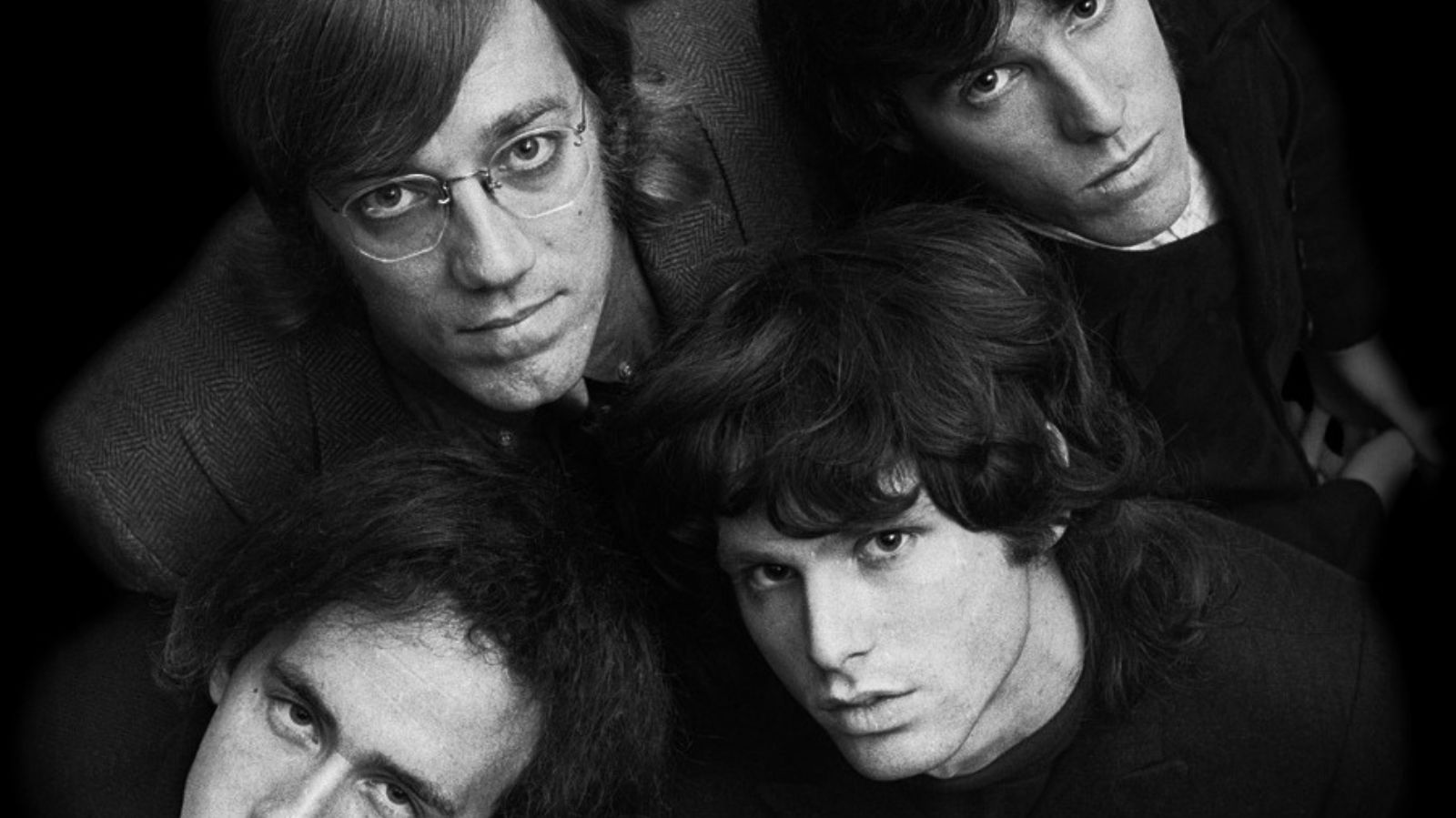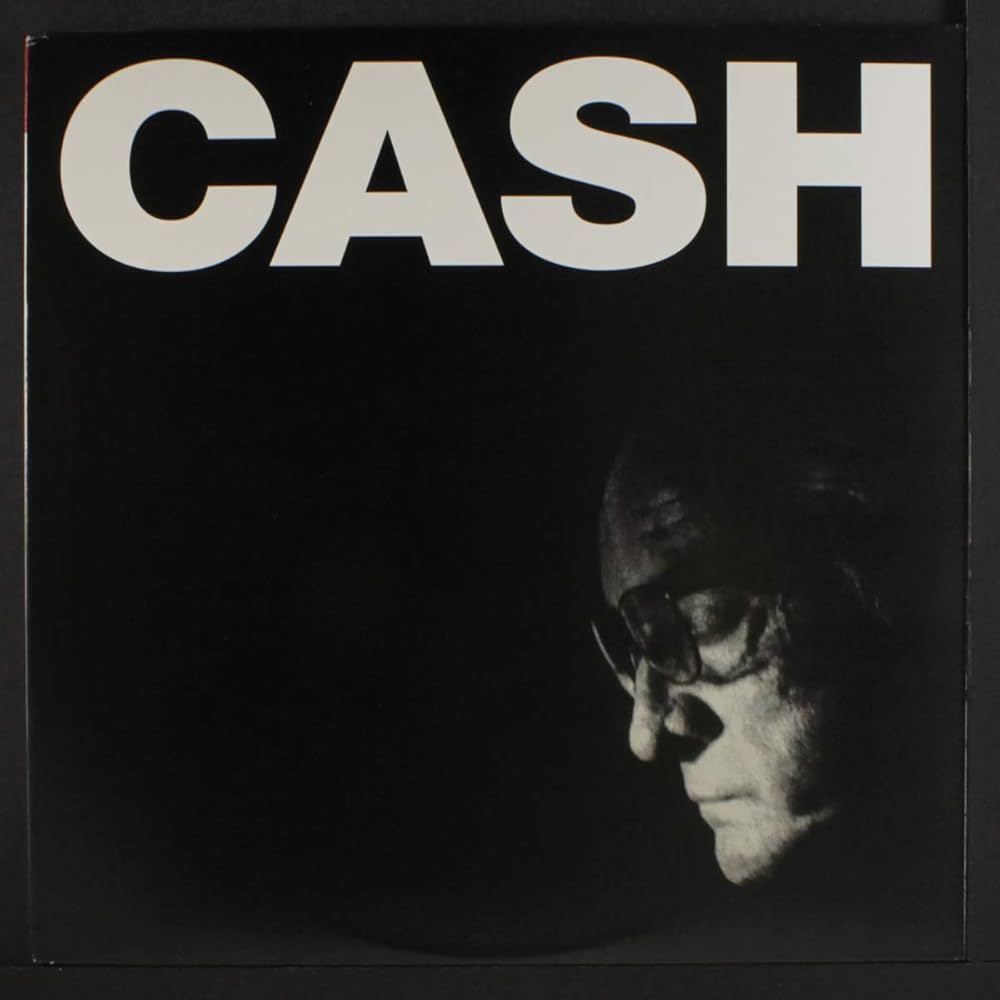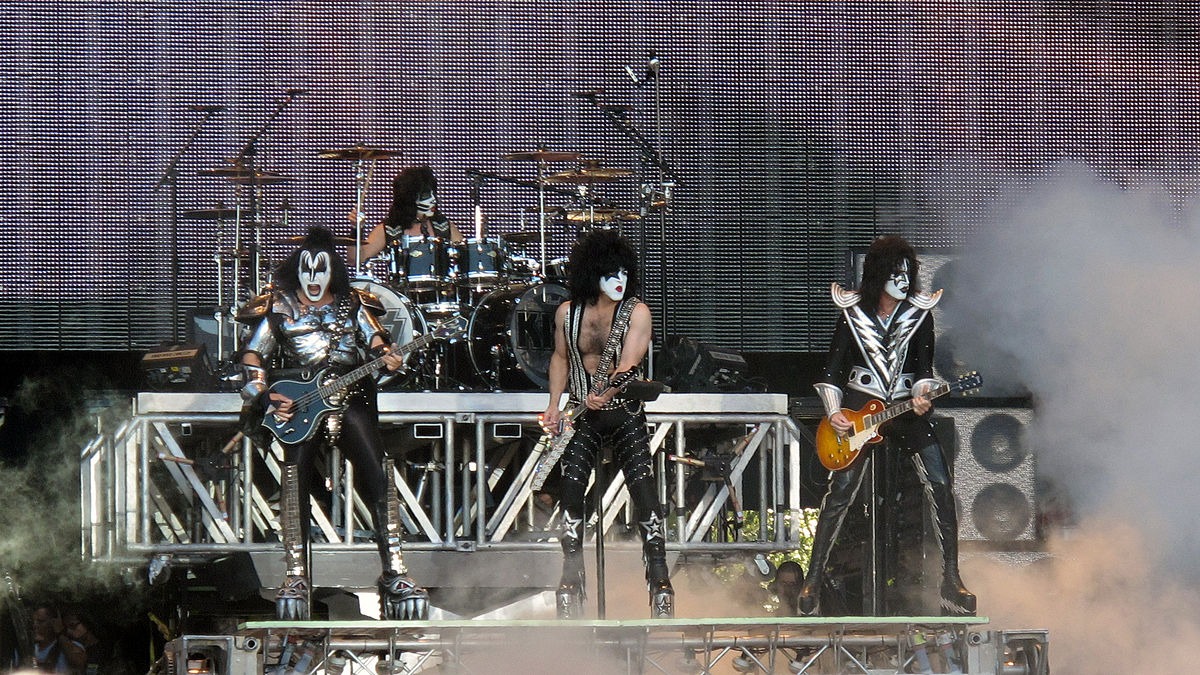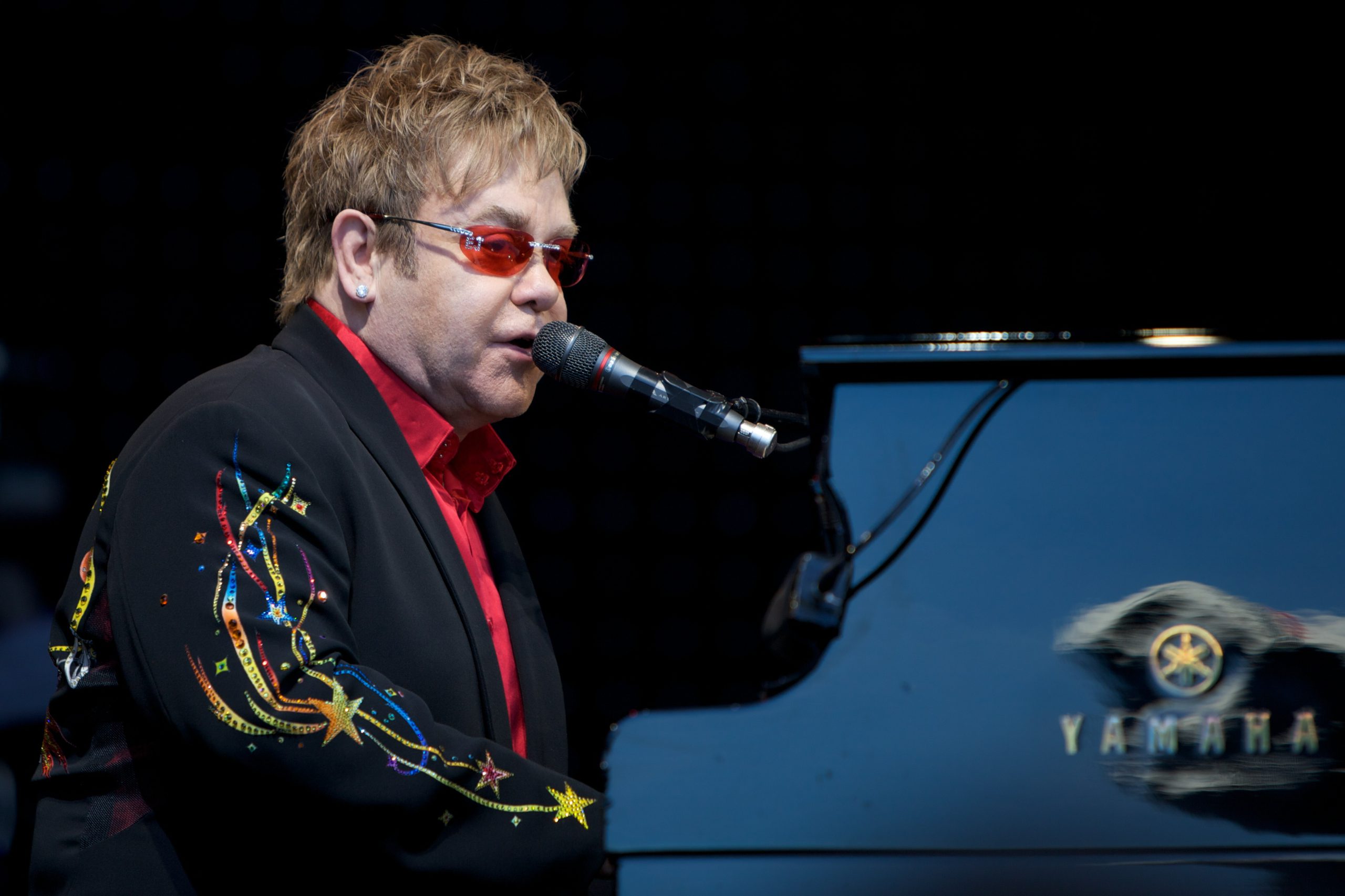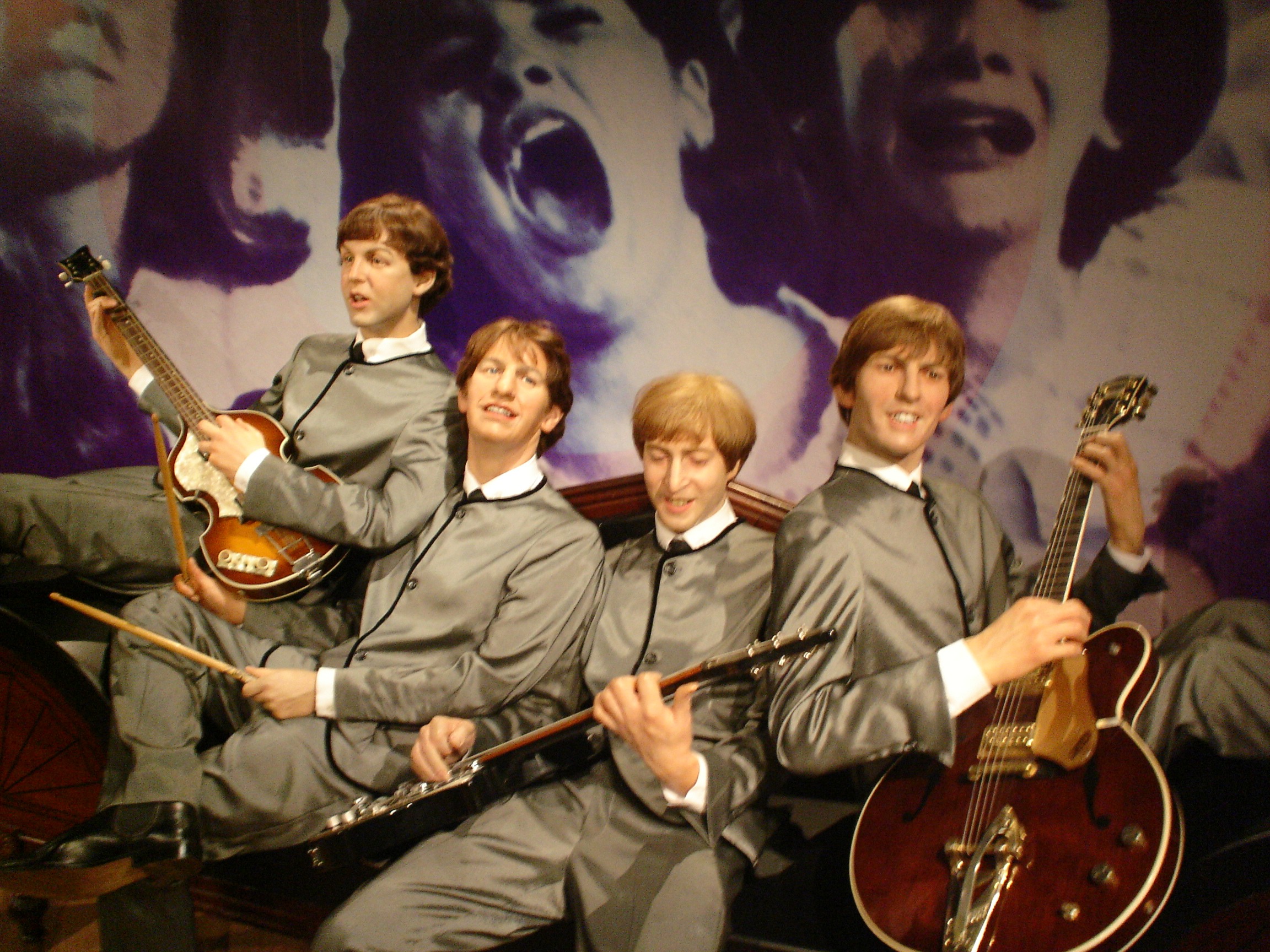September 2, 1965: Six Morrison originals captured on tape at World Pacific Studios almost vanished forever when Ray Manzarek wanted to erase them. Morrison’s stubborn insistence on preserving these “unprofessional” recordings saved what became essential rock archaeology.
Before the Mythology
Raw vocals and basic arrangements reveal The Doors in their rawest form.
The session happened because producer Richard Bock offered Manzarek studio time through his previous band, Rick & the Ravens. But this wasn’t the classic Doors lineup, you know. Robby Krieger hadn’t joined yet—instead, Ray’s brothers Rick (guitar) and Jim (harmonica) filled out the sound alongside bassist Patty Sullivan. Morrison’s vocals ranged from slurred whispers to primal screams, unguarded and emotional against the seedy LA backdrop that would soon launch a thousand imitators.
Six Songs That Changed Everything
Morrison’s originals included future classics like “Hello, I Love You” and “Moonlight Drive.”
The tracks—”Moonlight Drive,” “Hello, I Love You,” “Summer’s Almost Gone,” “My Eyes Have Seen You,” “End of the Night,” and “Go Insane”—lacked the guitar flourishes and production polish that would define The Doors’ sound. Instead, they offered something more valuable: Morrison’s unfiltered creative vision. Five of these six songs would eventually appear on later albums, but “Go Insane” (later retitled “A Little Game”) only surfaced in fragments within “The Celebration of the Lizard.”
The Great Erasure Debate
Manzarek’s practical concerns nearly destroyed rock history’s most revealing demo.
Here’s where artistic intuition trumped commercial logic. Manzarek heard amateur hour—vocals that weren’t market-ready, arrangements too basic for serious consideration. Morrison heard something else entirely: the authentic core of what The Doors could become. That tension between polish and rawness would define their entire career, but in this moment, Morrison’s vision prevented these tapes from joining the countless demos erased and forgotten.
From Acetate to Immortality
Columbia passed, but bootleggers and box sets ensured these recordings survived.
The acetate demo made its rounds—Columbia showed brief interest before moving on, eventually leading The Doors to Elektra Records and stardom. But the real victory came decades later when these “too raw” recordings emerged on bootlegs, then officially on the 1997 box set. You can now hear Morrison before he became The Lizard King, Manzarek before he became a keyboard god—just four young musicians and a borrowed bassist capturing lightning in a bottle they almost threw away.


